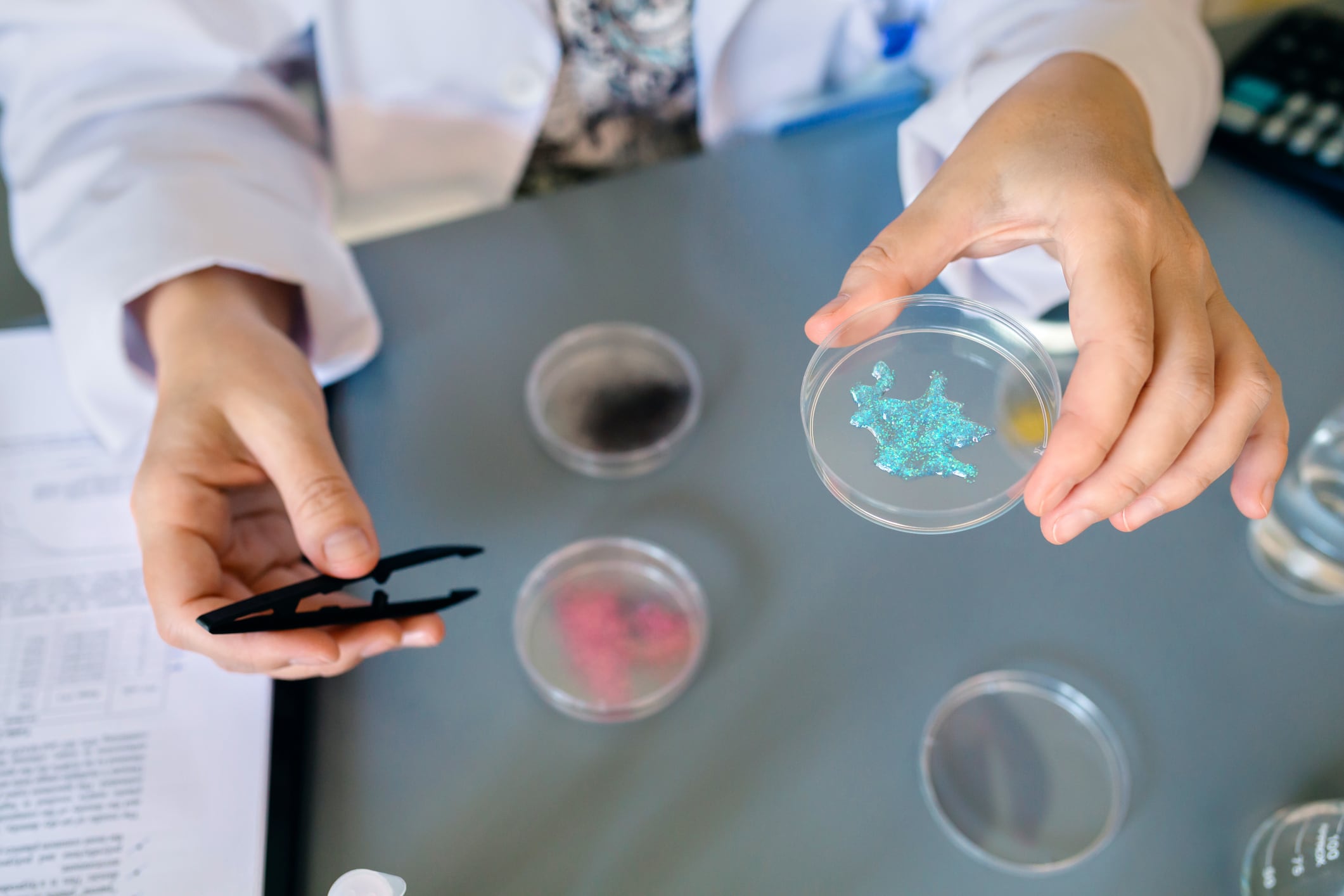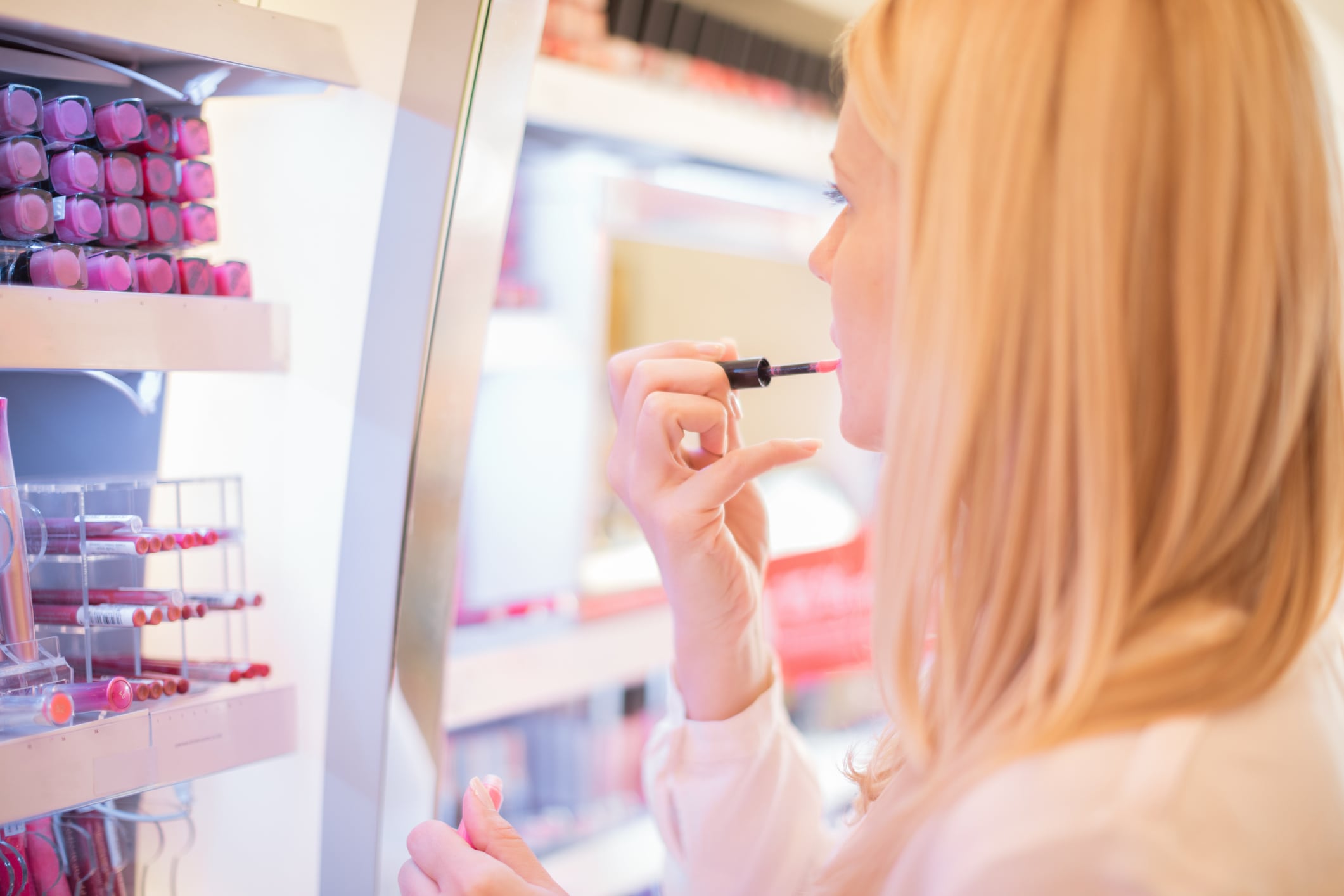Danish startup Cellugy has received €8.1m in EU grant funding to scale its sustainable microplastics alternative for cosmetics formulations.
The company’s cellulose-based ingredient platform EcoFLEXY was created to address environmental challenges within the personal care industry, such as replacing fossil-based ingredients and microplastics. The ingredients are rheology modifiers, rather than active ingredients.
According to Cellugy’s CEO Dr Isabel Alvarez-Martos, the grant was provided by the EU’s Life Programme for projects to support emerging technologies that contribute to environmental sustainability, circular economy, and climate action across various industrial sectors, including beauty and personal care.
“Prevent the release of 259 tonnes of microplastic annually”
Dr Alvarez-Martos said that the €8.1m grant will be used to “accelerate production scale-up towards commercialisation.”
She estimates that the potential changes created by the project will “prevent the release of 259 tonnes of microplastic annually, with this figure rising to 1,289 tonnes per year by 2034.”
Going forward, Dr Alvarez-Martos explained that the company will focus on scaling production, optimising processes, and securing commercial validation.
“Cellugy’s technology offers tremendous scalability potential by leveraging standard equipment through our outsourcing partners,” she said, adding that the company has already seen incredible demand from the beauty industry, “hence why there is a more urgent need to ramp up the production capacity.”
“Our goal is rapid mass-market adoption,” Dr Alvarez-Martos continued.
She believes that there is now an urgency for sustainable solutions. “The beauty and personal care industry is under immense pressure to reduce its environmental footprint, particularly concerning fossil-based ingredients and microplastics,” she shared.
“Consumers are increasingly demanding sustainable products and are willing to pay more for them.”
EU “recognition of biobased and biodegradable alternatives”
The EU now has some of the most stringent cosmetics regulations in the world and new directives like the Green Claims Directive and the Eco-design for Sustainable Products Regulation are aiming for greater transparency and environmental performance.
Dr Alvarez-Martos believes that Cellugy being awarded the grant “signifies the EU’s recognition of the immediate need for scalable, bio-based, and biodegradable alternatives to meet these demands and accelerate the industry’s transition away from petrochemicals.”
“By funding Cellugy, the EU is directly investing in a technology that aligns with its vision for sustainable production, reduced waste, and a toxic-free environment, especially within a significant sector like cosmetics,” she concluded.





